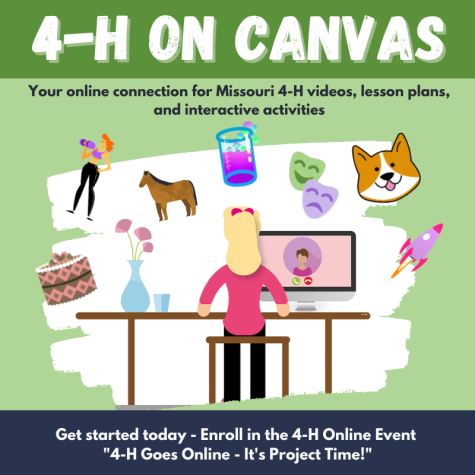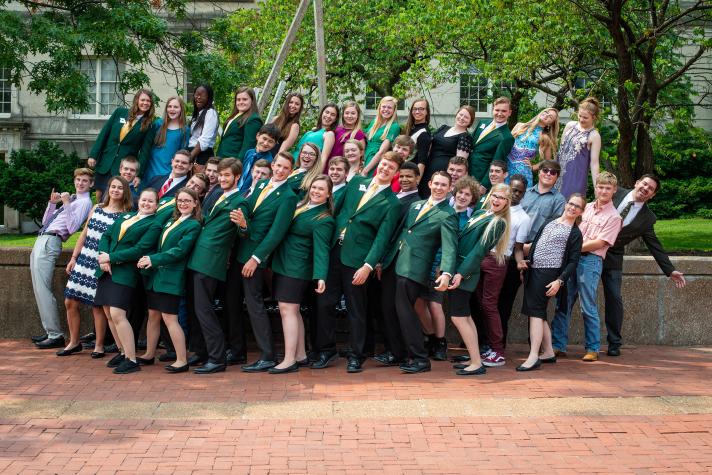COLUMBIA, Mo. – Missouri 4-H faculty have recently shared their expertise and influence nationally about issues as diverse as programming for youths who are homeless and the decision-making process behind going to the State Fair in the midst of a pandemic. Four articles by Missouri 4-H faculty were published this past December in national journals directed at extension and youth development professionals.
Two articles appeared in the Journal of Youth Development, a peer-reviewed quarterly online publication. It is the official journal of the National Association of Extension 4-H Youth Development Professionals and the National Afterschool Association.
Bradd Anderson, state 4-H youth development specialist, contributed “Exploring the Impacts of State 4-H Council Service on Career Readiness.” Council service offers an experiential leadership opportunity that engages youths as valued, contributing partners and ambassadors of the 4-H organization. The experience enhanced members’ leadership abilities and fostered skills that allowed them to use those abilities in the early stages of their careers.
Jefferson County 4-H youth development specialist Melissa Scheer, former faculty member Stephanie Myers and colleagues from 4-H programs in other states wrote “Programming Ideas for Youth Experiencing Homelessness.” The article shares examples of how the Cooperative Extension System is working with this population around the country. The authors note that extension is ideally poised to provide supplementary support to youths experiencing homelessness in a variety of settings.
Missouri 4-H faculty also had two articles appear in the December 2020 issue of the Journal of Extension.
“Impact of COVID-19 on Missouri 4-H State Fair Participation and Implications for Youth Development Programs,” by 4-H state agriculture and natural resources educator Maria L. Calvert and Lupita Fabregas, director of the Missouri 4-H Center for Youth Development, describes the lessons learned before, during and after Missouri 4-H’s decision to participate in the 2020 Missouri State Fair. The COVID-19 pandemic jeopardized participation in the fair, which is a premier showcase for Missouri 4-H and a source of revenue for many families.
“In a time when positive youth development experiences are more necessary than ever,” the authors write, “Extension professionals must consider how to uphold the foundations of positive youth development and maintain a sense of program normalcy while ensuring new levels of safety and security.”
The COVID-19 pandemic also challenged 4-H professionals to work in innovative ways to continue offering youth development opportunities. Missouri 4-H created an online resource using the Canvas learning management system. By fall 2020, Missouri 4-H youths, volunteers and faculty could access projects in 4-H Goes Online. Available projects included Clover Kids, Shooting Sports, Engineering and Technology, Environmental Science and Natural Resources, Plant and Animal Science, Healthy Living, Leadership and Personal Development, and Communication and Expressive Art.
In “Using Learning Management Systems to Provide 4-H Programming During the COVID-19 Pandemic and Beyond,” Fabregas and Clay County 4-H youth development specialist Sarah Morefield show how learning management systems can provide volunteers and families with project opportunities and research-based project materials in one easily accessible and affordable platform.
“I cannot be prouder of our team,” Fabregas said. “We publish not only to share our work with our peers, but mostly to advance the field of youth development. Going through a peer review process ensures that the work we are doing is relevant, professional and can be applied in other states and perhaps lead to multistate projects.”
Writer: Katherine Foran


